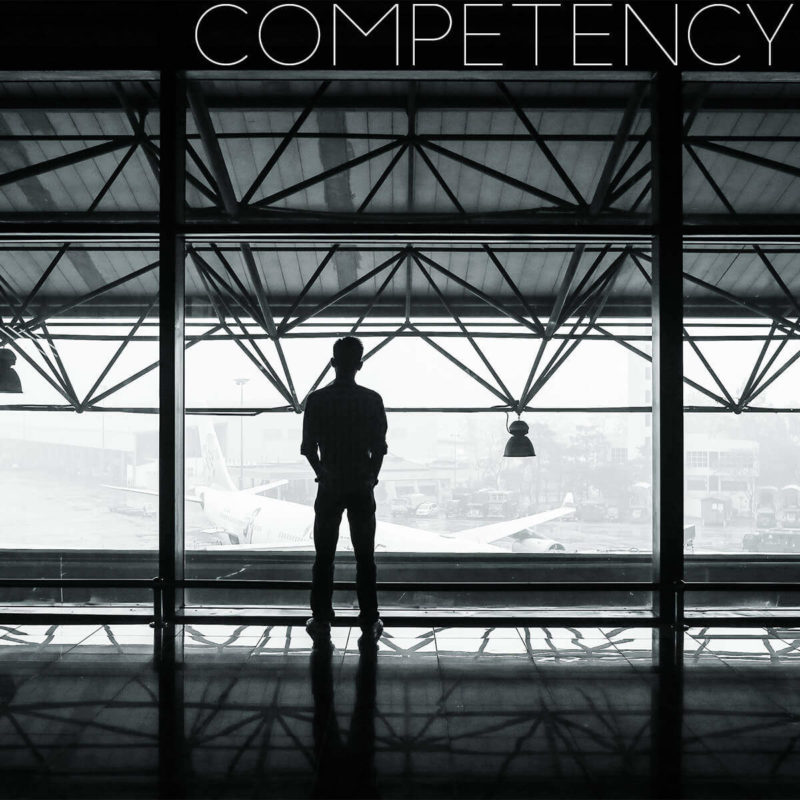Are you a new team leader or is your current team a challenge? Here are 8 ‘C’ behaviors to build effective leadership and the team of your dreams.
In a ‘push-button-get-banana’ fast-paced world of instant gratification and information, it can often be exceptionally humbling when we realize that not everything comes so easily, so readily or so quickly.
That Oompa Loompa?
You may not have it NOW.
Which is why David Horsager’s article, ‘You Can’t Be a Great Leader Without Trust. Here’s How You Build It’ served not only as a ‘how-to’ guide for developing effective leadership by (re-)building trust but also as a reminder that things that are seemingly common sense are rarely so ‘common.’ His article encapsulates those trust tenets directly and succinctly.
Earning trust – the trust of self and trust from others – success is limitless.
To the contrary, if trust is broken, not established or demanded without having been earned, failure is inevitable.
Here are eight ‘C’ behaviors to practice daily to develop fantastic team leader qualities and to build trust.
1. Clarity

Say what you mean. Ask for what you want. Express how you feel.
People will gravitate toward that which is definitive and be wary of that which is ambiguous.
If you can expressly communicate your wants and needs – both personally and professionally – you are much more likely to get your desired results. If your team grows their success, they build trust in you. It’s a cycle that quickly builds your leadership effectiveness and confidence.
As opposed to a wait-and-see approach that sets people up to fail because expectations are not clearly expressed, clarity allows for efficiency and productivity while actively building trust with clearly defined priorities and expectations.
2. Compassion

If people recognize that you genuinely care for others, they are more likely to believe that you will care for them, too.
All too often in business, people expect – and accept – a dog-eat-dog mentality.
But if over time, you can prove that you keep their best interests at the forefront of your mind, you will not only earn their trust but build your leadership effectiveness.
Just as clarity helps demonstrate that you will actively build trust, compassion creates the faith that you will set them up for success and not passively await their failure.
3. Character

People take stock of others who choose the ‘hard right’ over the ‘easy wrong.’
There are times when we would all prefer the path of least resistance, but more often than not, it is a short-term solution that will inevitably fail in the long run. A short-term focus diminishes your effectiveness as a leader.
Easy is lazy – and people will be quick to recognize laziness. Doing what is right and what is simple, speaks volumes.
4. Contribution

In general, we want gratification, to see results, to ‘‘push-button-get-banana.”
You can have a compassionate heart and be of an unwavering character, but if you can’t deliver, if you can’t practice what you preach, people will lose faith.
Quickly.
5. Competency
The ‘student leader,’ one who actively seeks new approaches, ideas, and information, earns the confidence and trust of others.
Arrogance and stagnancy stunt growth and compromise effective leadership. Humility and curiosity, especially in times of uncertainty or chaos, speak not only to your competency but also to your character.
6. Connection

It’s Sales 101: ‘People buy from people they like.’
Similarly, people will choose to follow, support and socialize with – surprise, surprise – people they like.
Effective leadership grows and evolves from relationships, and relationships build over time with a genuine connection and regard for others. So engage people, learn about them, listen and then – and this is especially important – appreciate them.
Gratitude shows humility, lack of entitlement, positivity, and trustworthiness.
7. Commitment
What you do in the face of adversity will define you not only as a leader but as a person.
If regardless of challenges and sacrifices, you choose to stand strong, firm and dedicated to the greater good, the loyalty and trust it will yield will be limitless.
Think: Nelson Mandela. Dr. Martin Luther King Jr. Mahatma Gandhi. Human and fallible, they all approached seemingly insurmountable challenges with a steadfast commitment that made people believe. They are models of effective leadership.
8. Consistency
Don’t talk about it. Be about it.
In life, it’s the little things that add up. Moreover, it’s the little things done consistently. The same goes for developing your leadership effectiveness.
It’s not the shoes I bought yesterday that have prevented me from going on vacation; it is all the shoes I have bought over time that prevent me from being able to afford a vacation.
The little things may feel like drops in the bucket but if done, done right, and done consistently, add up quickly – and build confidence that if you say you will do something, you will do something.
And your word is everything.
So while there is no professional panacea for building trust overnight, it is, mercifully, something that is earned.






